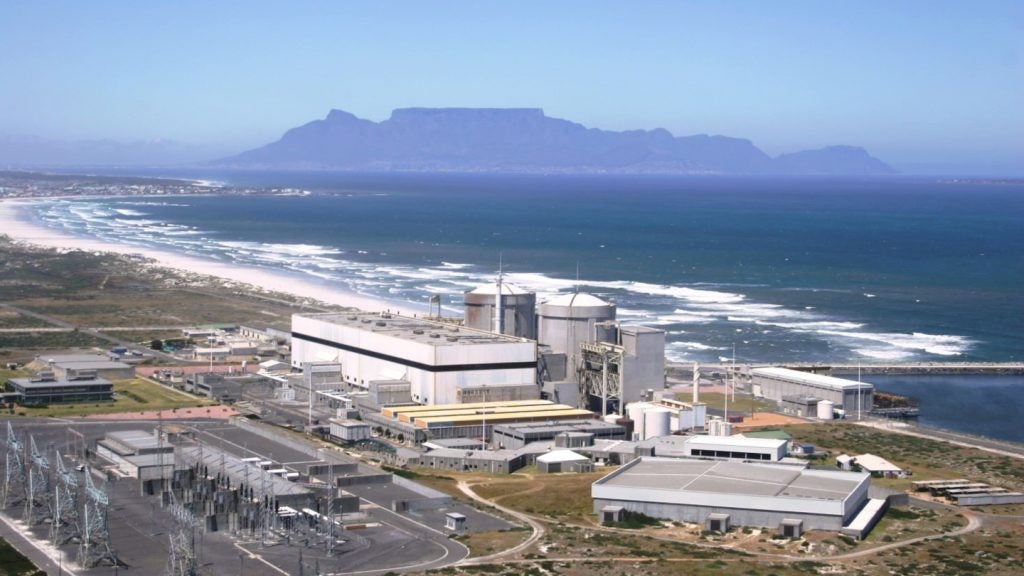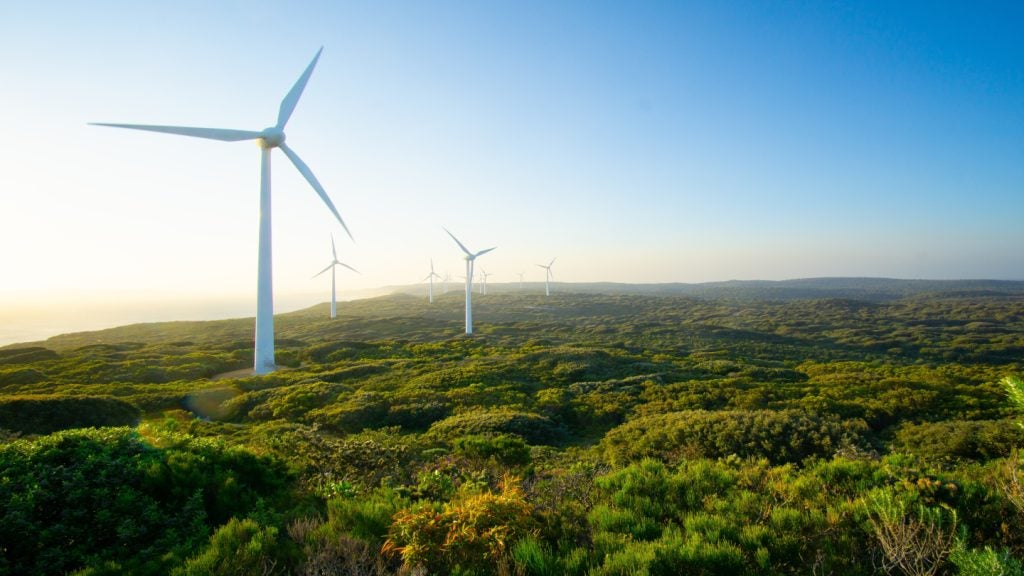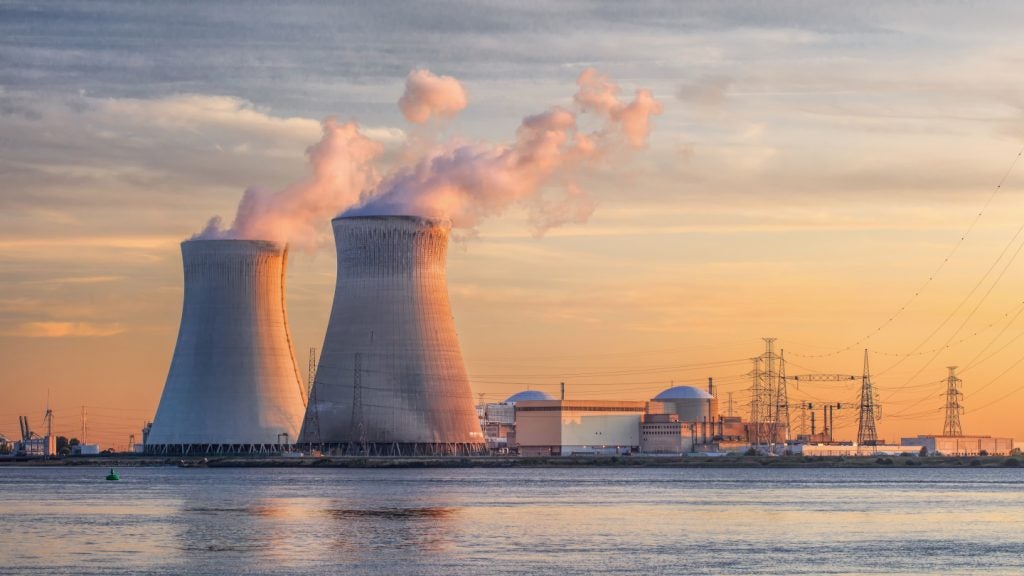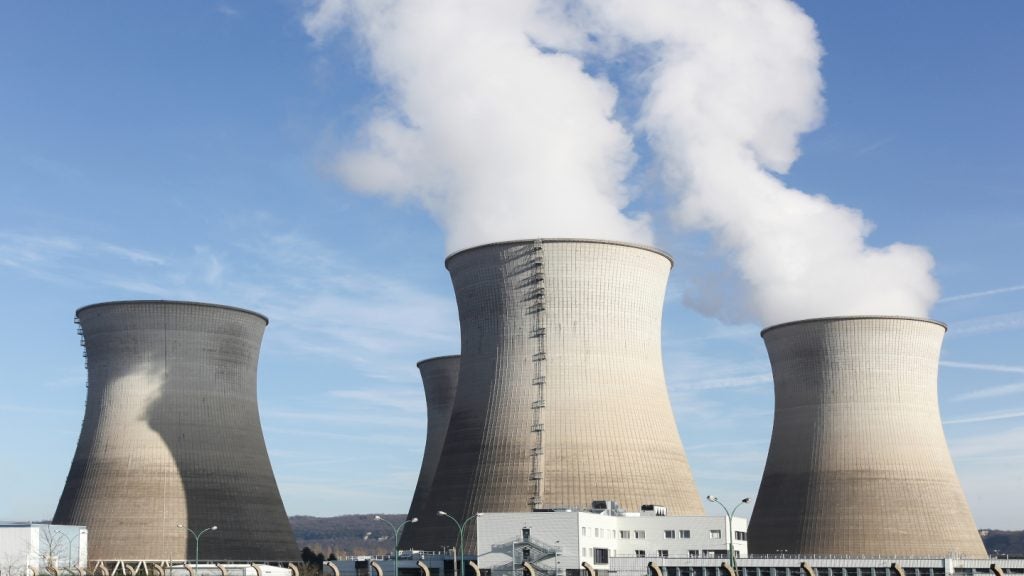Eskom has connected the Koeberg nuclear power station’s Unit 2 to South Africa's national grid, progressing the country's Generation Operational Recovery Plan.
Unit 2's 930MW capacity is integral to Eskom's objective to bolster its capacity by 2.5GW by March 2025.
The connection follows a comprehensive long-term operation (LTO) programme to extend the unit's operational life by an additional 20 years. The completion of Unit 1's LTO programme in 2023 paved the way for similar upgrades to Unit 2.
The extensive maintenance programme for Unit 2 included replacing three steam generators, conducting thorough inspections and carrying out refuelling activities.
These measures are part of Eskom's strategy to enhance the performance and safety of Koeberg's reactors, which are crucial for the nation's energy security.
The National Nuclear Regulator (NNR) is expected to decide on the extension of Unit 2's operational licence in 2025.
This follows the successful licence renewal of Unit 1 in 2024. Unit 1 will now operate until 2044. Unit 1 has demonstrated “exceptional reliability” since its return to service, and together with Unit 2 will provide 1.86GW to the grid, mitigating load-shedding and enhancing grid stability.
Eskom’s Generation Plan group executive Bheki Nxumalo stated: “By forming strategic collaborations with international designers, suppliers and industry leaders, Koeberg has established itself as a hub for nuclear innovation.
“These partnerships are anticipated to be crucial as South Africa explores advanced nuclear technologies, such as small modular reactors. This could position the country as a leader in cutting-edge nuclear solutions while continuing to build and maintain a skilled nuclear workforce.”
Eskom predicts that the full benefits of Koeberg's upgrades will materialise in the financial year 2026. Unit 2's previous record of 498 consecutive days of operation and a 93% energy availability factor are indicators of the station's future reliability.
“As South Africa phases out some of the ageing coal-fired power plants by 2030, nuclear energy is poised to provide a reliable and stable baseload supply. Unlike intermittent renewable sources, nuclear power ensures continuous electricity generation, meeting the needs of both residential and industrial users. Its ability to produce carbon-free energy also supports South Africa’s climate goals by reducing greenhouse gas emissions” Nxumalo added.















